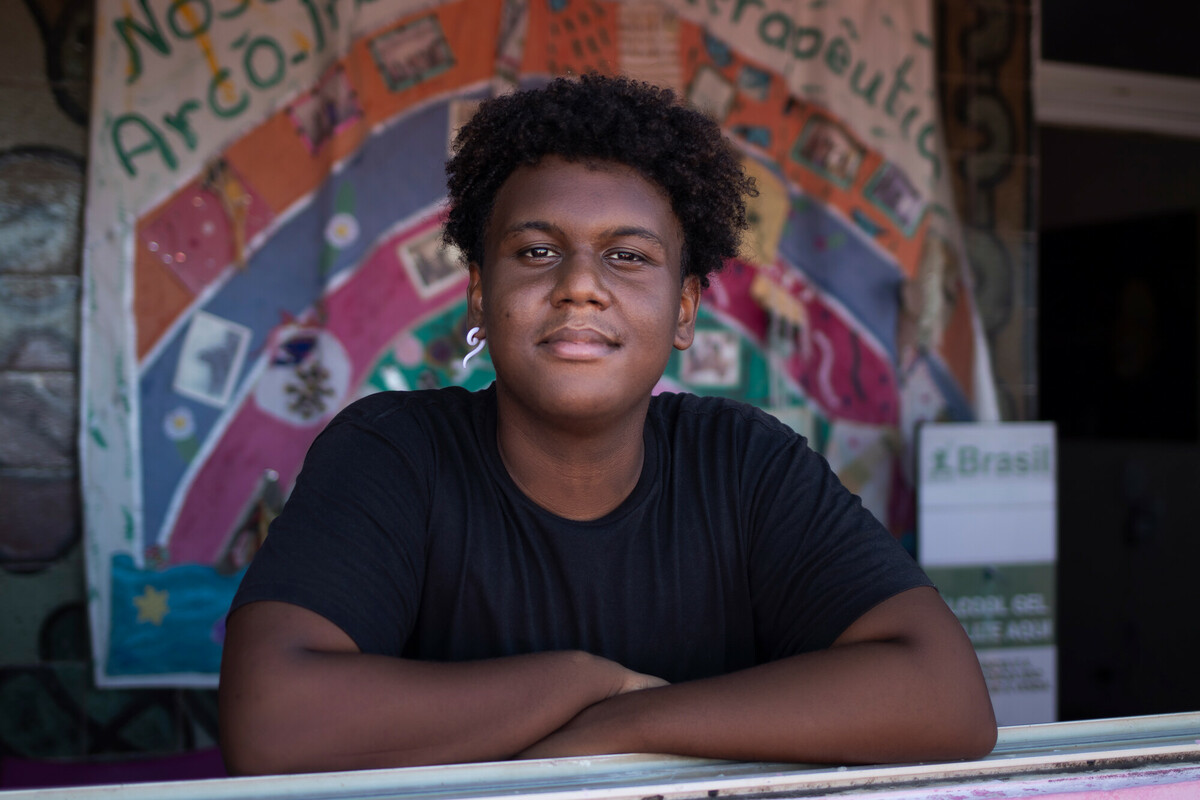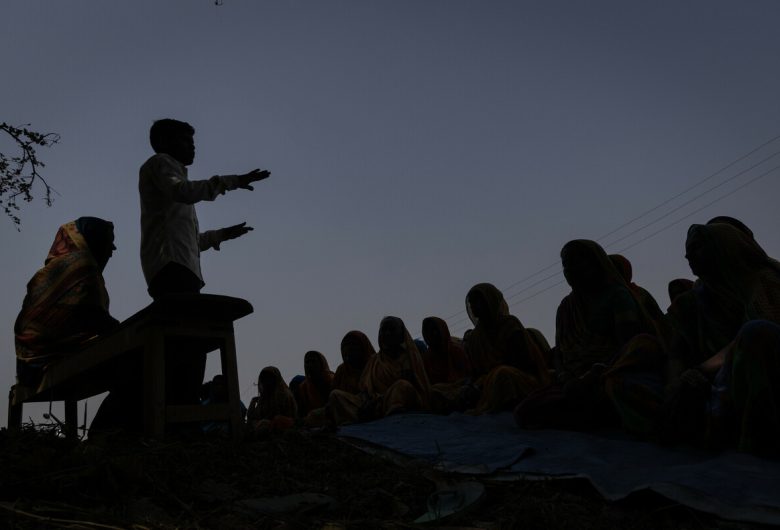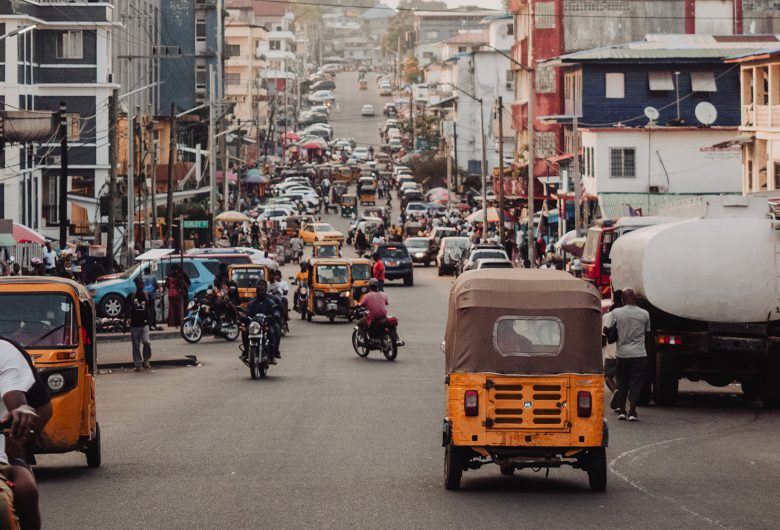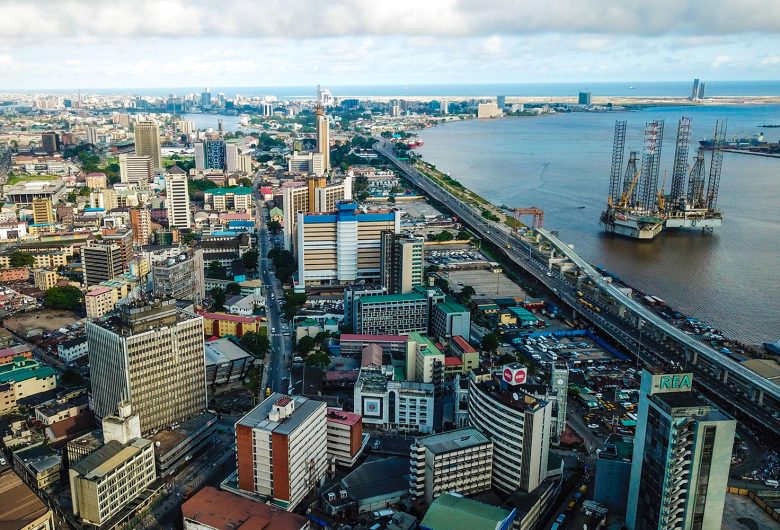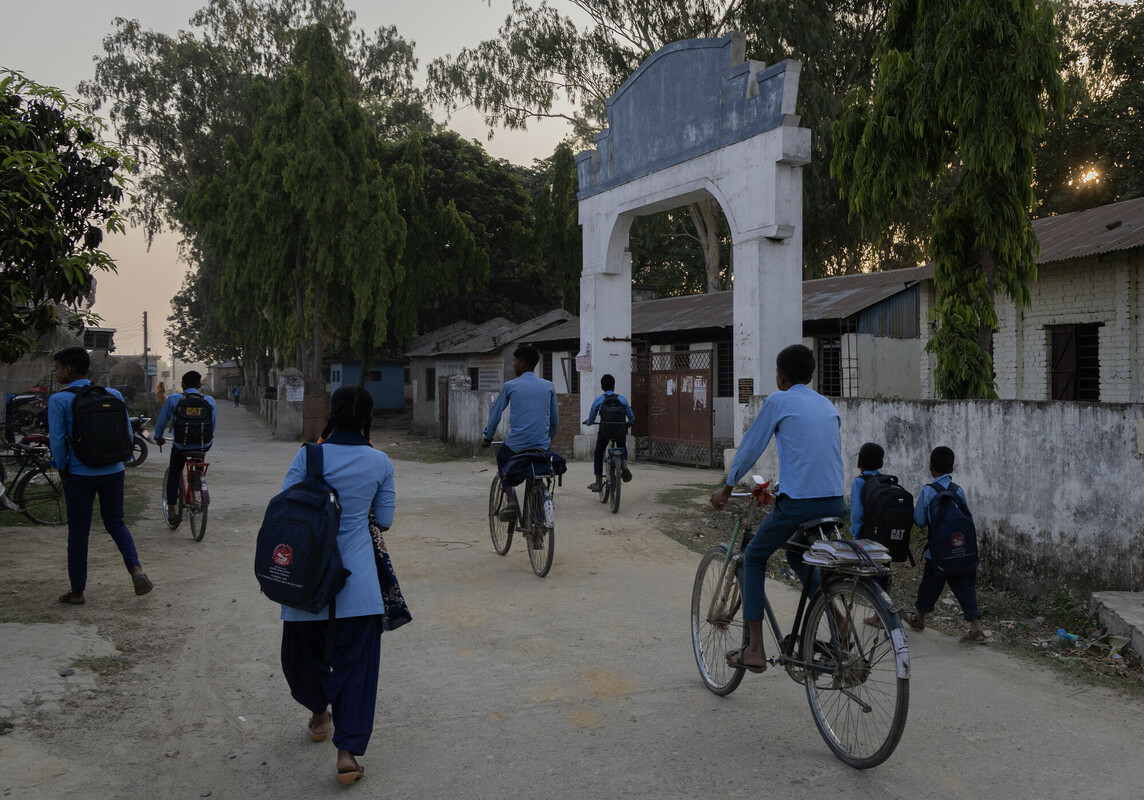
Impact
Being transparent about the impact of our work is integral to the Freedom Fund’s mission. We measure what works, we learn from our results, and we share our knowledge. We publish updated data on every six months.
Impact report
Since our founding, we have partnered with 288 frontline organisations to impact the lives of over 1.6 million people. We estimate that these global, regional, national and local efforts have resulted in greater resistance to slavery and trafficking for over ten million people. In this year’s annual report, we highlight key stories that illustrate this global impact by focusing on our country and partner-level work.
Inspired by our partners’ dedication, we are renewing our commitment to show up for them through funding, convening and support. In order to get even more resources to community-led organisations, we will lean into our role as a funder, prioritise flexible support and create more space for partners to lead. We have set ambitious goals: by the end of 2030, we will have strengthened the organisational development of at least 500 frontline partners, including 200 survivor-led organisations, and enabled 20 million people to live in communities with improved resistance to modern slavery.
Read more in our 2024 Impact Report!
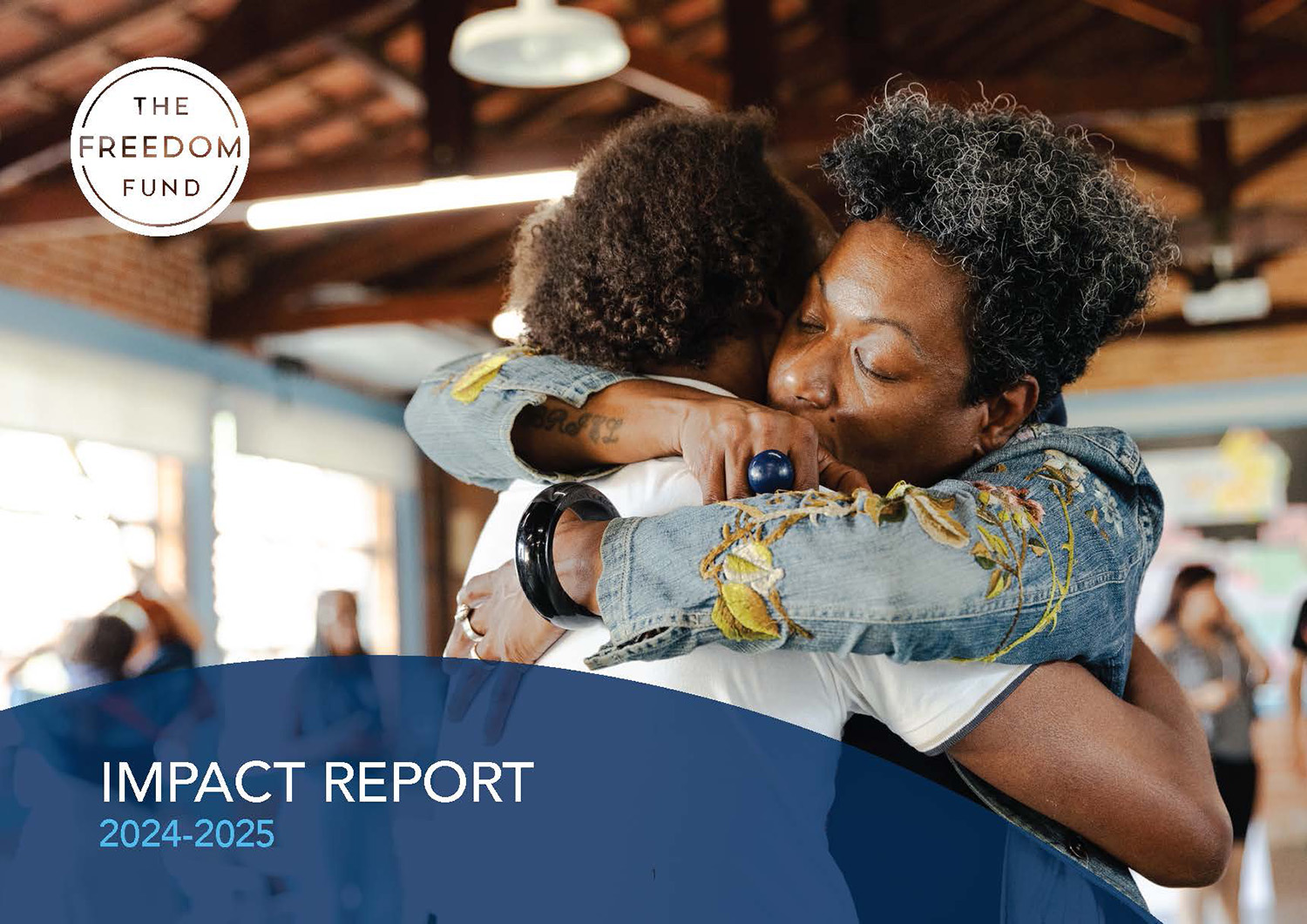
Hotspot snapshot
Data comparison
January 2014 - June 2025
Research approach
Our approach to data collection and evidence sharing is deeply guided by the priorities of frontline organisations and grassroots leaders. We partner with leading researchers and anti-slavery experts to examine and evaluate our work, while making sure that results remain relevant, timely and useful for local communities who are best positioned to translate evidence into action. These collaborations allow us to learn quickly, tailor our work effectively, and help direct resources to where they can make the biggest difference.
